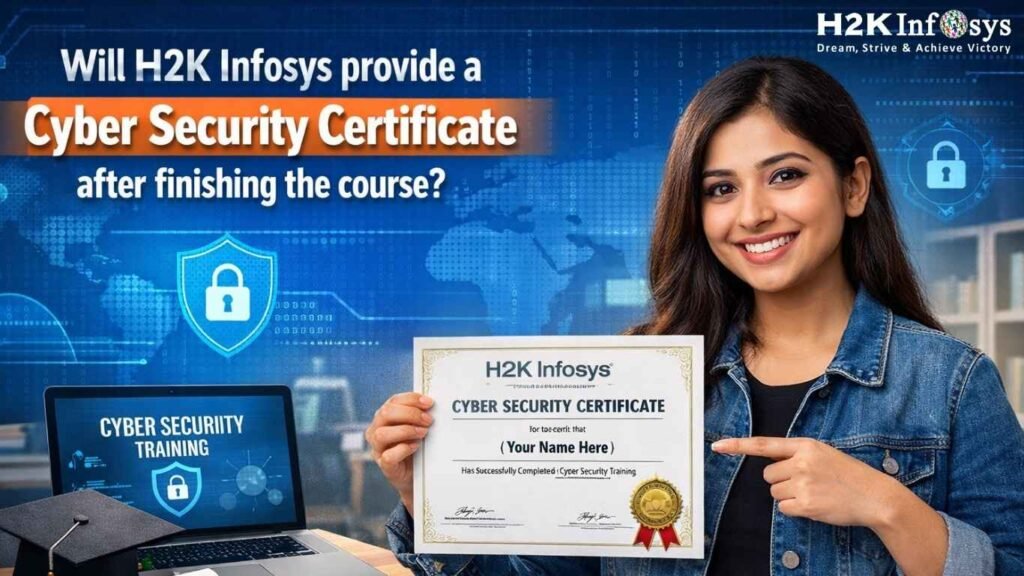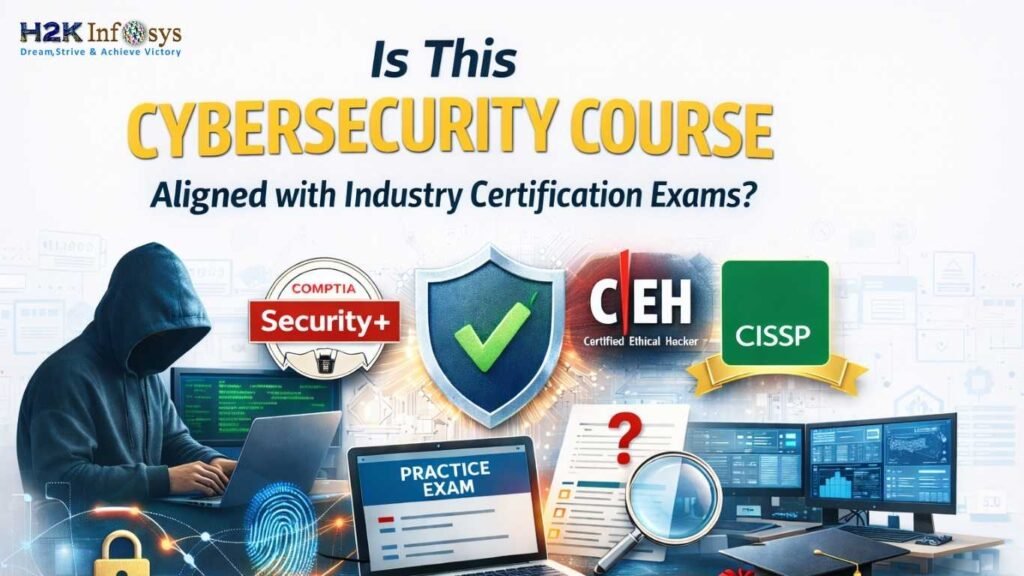Introduction: Why Secured Browsing Matters More Than Ever
In today’s digital world, privacy threats are evolving faster than ever. From social media data leaks to large-scale ransomware attacks, the need for secure browsing is critical. The best VPN to use for secured browsing acts as a protective shield against cyber threats, encrypting your traffic and hiding your identity. Whether you’re working remotely, accessing sensitive information, or simply streaming online content, VPNs help maintain anonymity and protect your digital presence. This knowledge is especially crucial for learners enrolled in Cyber security courses with placement or those seeking cybersecurity training and job placement opportunities.
What Is a VPN and How Does It Work?
A Virtual Private Network (VPN) is an essential tool for anyone concerned about online privacy. The best VPN to use for secured browsing works by routing your internet connection through encrypted tunnels to secure servers in other locations. Here’s what happens:
- Encryption: It uses strong protocols like AES-256 to ensure no unauthorized party can read your data.
- IP Masking: It conceals your actual IP address, allowing you to browse anonymously.
- Server Routing: It directs your data traffic through multiple secure servers globally.
These processes are covered in depth in many cyber security training and placement programs, equipping students with practical tools to understand encrypted communications and secure networks.
Why Use the Best VPN to Use for Secured Browsing?
1. Data Privacy Protection
Personal data such as passwords, financial details, and health records are prime targets for hackers. The best VPN to use for secured browsing ensures that this information remains confidential.
2. Safe Public Wi-Fi Access
Public Wi-Fi is often unsecured. Without a VPN, your data is vulnerable to interception. Most cyber security online training programs emphasize the importance of using VPNs when working in public spaces.
3. Anonymity Online
The best VPN to use for secured browsing hides your IP address, preventing websites, governments, and ISPs from tracking your activities. This is vital for ethical hackers and penetration testers, as taught in cybersecurity job training courses.
4. Bypass Censorship and Geo-Restrictions
A VPN allows users to access restricted content by simulating different geographical locations, a concept often explored in cyber security training near me searches and labs.
Must-Have Features in the Best VPN to Use for Secured Browsing
Choosing the best VPN to use for secured browsing involves evaluating specific security and usability features:
- Strict No-Logs Policy
- Military-Grade Encryption (AES-256)
- Fast and Stable Connection Speeds
- Multi-Device Support and Cross-Platform Compatibility
- Kill Switch Functionality
- DNS and IP Leak Protection
- Support for Secure Protocols (WireGuard, OpenVPN, IKEv2/IPsec)
Hands-on configuration and testing of these features are standard assignments in cyber security training courses provided by platforms like H2K Infosys.
Role of VPNs in Cyber Security Careers
The best VPN to use for secured browsing is not only a personal safety tool but also a professional asset. For students in cyber security courses with placement programs, understanding VPN usage enhances credibility and job readiness.
Real-World Application
- Penetration Testing: Professionals use VPNs to remain anonymous while assessing vulnerabilities.
- Remote Access: Companies use VPNs to provide secure access to employees working remotely.
- Data Compliance: VPNs help maintain standards like HIPAA, GDPR, and PCI DSS.
These scenarios are explored in cyber security jobs training where learners work on real-world simulations and case-based exercises.
Case Study: How a VPN Prevented a Cyber Breach
A leading fintech firm implemented the best VPN to use for secured browsing across its distributed teams in 2022. Before this, employees were falling victim to phishing attacks due to unencrypted traffic. With VPN usage enforced, no further incidents occurred. Their internal security team, trained via a cyber security course and job placement program, not only defended the network but also optimized VPN configurations to match employee workflows. The result was a 75% increase in data privacy compliance.
Step-by-Step: Setting Up the Best VPN to Use for Secured Browsing
- Research and Choose: Select a reputable provider with a focus on speed, security, and privacy.
- Download the App: Ensure compatibility with your device and OS.
- Install and Launch: Set up with administrator privileges.
- Enable Security Settings:
- Kill Switch
- DNS Leak Protection
- Auto Connect on Startup
- Connect to a Server: Choose a server based on proximity and speed.
- Verify: Use IP checkers and DNS test tools to confirm secure status.
This setup is frequently practiced in cyber security online training sessions, reinforcing critical thinking and system administration skills.
VPN Usage Statistics
- According to Cybersecurity Ventures, cybercrime will cost $10.5 trillion annually by 2025.
- Statista notes over 1.6 billion VPN users worldwide in 2023.
- Verizon’s 2023 Data Breach Report revealed that 45% of breaches stemmed from exposed user credentials.
These stats reinforce the importance of the best VPN to use for secured browsing, a topic explored throughout cybersecurity training and placement programs.
Incorporating VPNs into Cyber Security Education
At H2K Infosys, the best VPN to use for secured browsing is taught as part of practical lab modules. Learners in cyber security courses with placement participate in:
- VPN protocol comparisons
- DNS leak analysis
- Performance benchmarking
- Network segmentation and access control
Each exercise mimics real-world tasks and is geared toward helping students excel in cyber security training with job placement.
Advanced Lab Assignments
- Configure VPN on Routers and Firewalls
- Simulate Data Interception with and without VPNs
- Test Secure Browsing in Public Networks
- Create Encrypted Virtual Networks
These labs simulate actual job responsibilities, reinforcing skills taught in cyber security training and placement programs.
Summary: The VPN-Cybersecurity Connection
- The best VPN to use for secured browsing protects users from data theft, surveillance, and malware.
- A reliable VPN enhances the online safety of individuals and organizations alike.
- It is a core topic in all cyber security training courses and significantly boosts job-readiness.
- Real-world projects and hands-on labs involving VPNs are essential components of cybersecurity job training.
Conclusion
The best VPN to use for secured browsing is more than a convenience, it’s a necessity. It strengthens privacy, improves compliance, and acts as a key defense mechanism in a cybersecurity strategy. As cyber threats evolve, so should your skills.
Join H2K Infosys’ Cyber security training with job placement today to master VPN technologies and unlock career opportunities in the cybersecurity domain.
Ready to secure your digital future? Enroll in H2K Infosys’ cyber security courses with placement and gain practical VPN skills that employers demand.


























